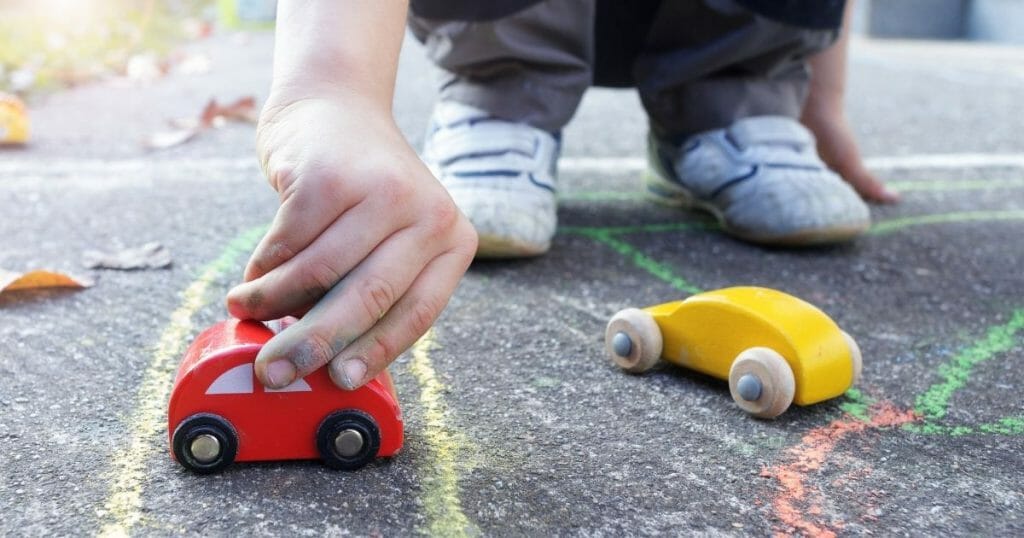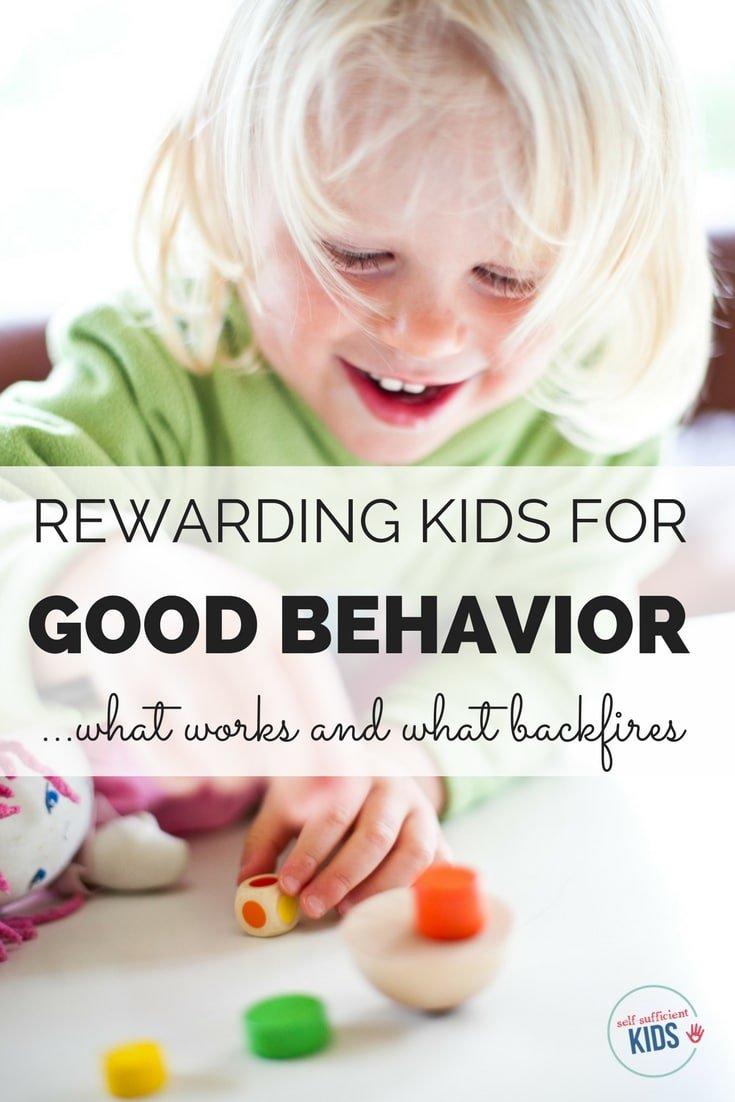Rewarding Kids for Good Behavior: What Works and What Backfires
Research has found that rewarding kids with things, or taking them away when kids are bad, can fuel a materialistic outlook on life.

It happened again – despite constant reminders week after week you discover your oldest has failed to pick up the clothes on her bedroom floor. The consequence? She can’t use her new scooter for a week.
But things improve when you take all three kids to the grocery store and (miraculously) you get through the check out line without a single whine, complaint, or sibling fight. To reward their good behavior, each kid gets two dollars to buy whatever they want at the toy store next door.
Sound familiar?
All too often parents find themselves in the tempting situation of either taking away prized possessions for bad behavior or rewarding good behavior with a special “gift” or purchase of something their child desires.
The Power of Possessions
But according to a study printed in the Journal of Consumer Research, when parents use material objects to reward kids for good behavior or take objects away when children are bad, those kids grow up to be adults who associate owning things with self-worth and success.
As the authors’ state: “Material rewards received in childhood appear to lead people to place emphasis on possessions as a means to develop and transform self-identity, possibly encouraging them to place more importance on goods in general and become more materialistic than their peers who did not receive as many material rewards.”
Most parents know that lavishing kids with whatever they desire leads to spoiled children who grow up to be materialistic adults. But who knew that punishments and rewards focused on “things” could also fuel a materialistic outlook on life?
Punishing with Possessions
But what about when the seven-year-old and five-year-old get into a fight over who gets to play with the train set they got for Christmas? Doesn’t it just make sense to simply take it away?
According to the study: “Taking a favorite toy from a child who bullies a sibling or removing a game box as a consequence for poor grades are examples of material punishment.” the study states. “Repeated instances of this sort of discipline may lead to an escalation of the importance the child places on possessions, in general, a defining characteristic of materialism.”
And if you think materialism means simply wanting nice things, the study points out that other studies show materialistic adults are more likely to be compulsive purchasers, gamble, have more debt, have more financial problems and lower marital satisfaction.
Yikes.

So what works?
In a New York Times article about the study, one of the authors, Marsha Richins, suggests this alternative: “I think it’s probably time, attention, and communication,” Ms. Richins said. “Providing encouragement, comfort and having fun. Spending time is the best present you can give them.”
Another suggestion is to take away privileges rather than things when it comes to discipline – like an outing with friends, going to see a new movie or just being grounded. This can be tricky though since some privileges are also tied to things – such as cars.
So the next time your daughter fails to clean her room or your kids surprise you with their good behavior – think of alternatives. Could you cancel a trip to the playground as a consequence of a dirty room? And maybe your kids would appreciate playing a round of the game Apples to Apples even more than acquiring more toys as a reward.
In any case, it’s not always easy to think of the perfect consequence in the heat of the moment – and we’re bound to make mistakes – but understanding the impact material parenting can have on our kids can better guide (most) of our decisions.
Related:
15 Life Skills Kids Need Before They Leave Home
Why Every Kid Should Talk Back to Their Parents
How to Raise Responsible Kids – Not Just Obedient Ones
What to do next…
1. Subscribe to Self-Sufficient Kids’ email list.
Like what you read here and want to learn more? Every Thursday I’ll send you one parenting tip about raising self-sufficient kids and creating the peaceful relationship you yearn to have with your child. Click here to sign up.
2. Take one of my quizzes!
Find out if you’re raising a self-sufficient kid (click here) or if you’re doing too much for your kids (click here). At the end of each quiz, you’ll be asked to provide your email address to see the results.
3. Get your kids started on chores.
Learn how to get your child started on chores (& keep them motivated + avoid power struggles) by enrolling in my Get Your Kids Successfully Started on Chores course. Click here to learn more and sign up.

About Kerry Flatley
Hi! I’m Kerry, the mother of two girls and a certified parent educator. I believe it is possible for parents to have a supportive, loving, and warm relationship with their kids while raising them to be independent and ultimately self-sufficient. Over the years, I’ve read numerous books and articles that support this belief and I’ve put these ideas into practice with my own kids. Read more about me and Self-Sufficient Kids here.

